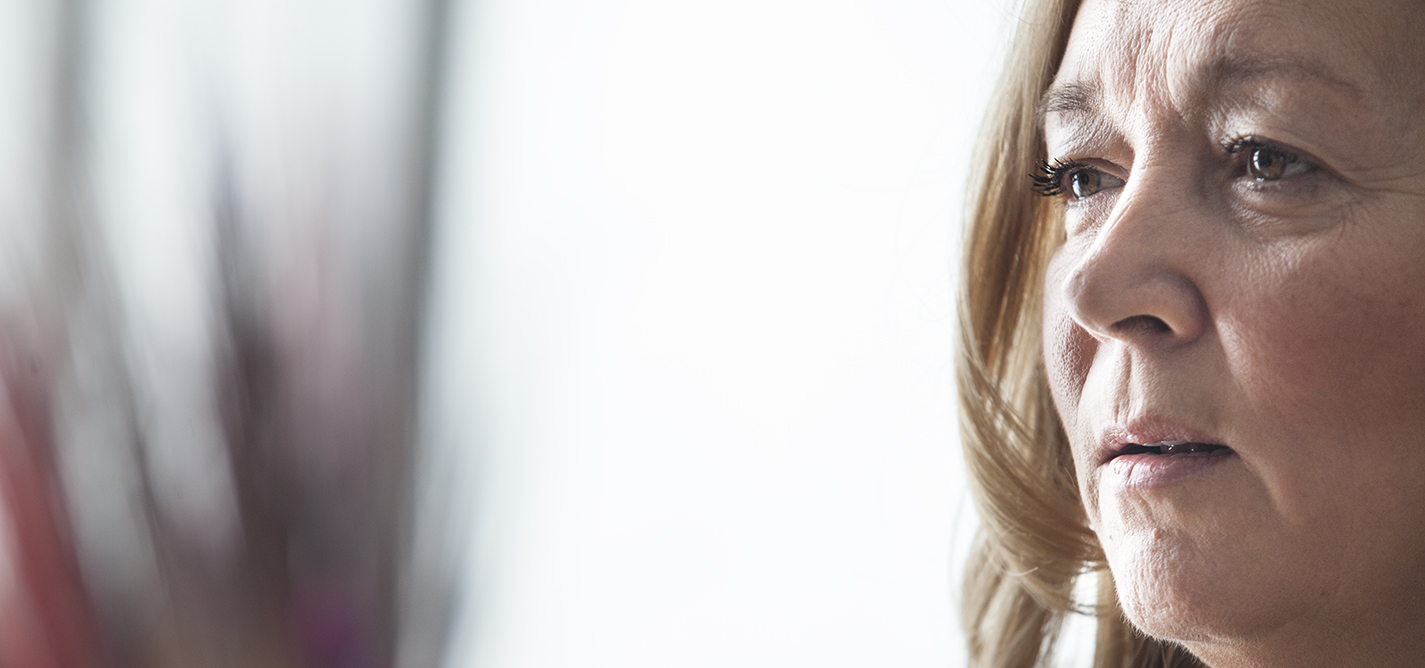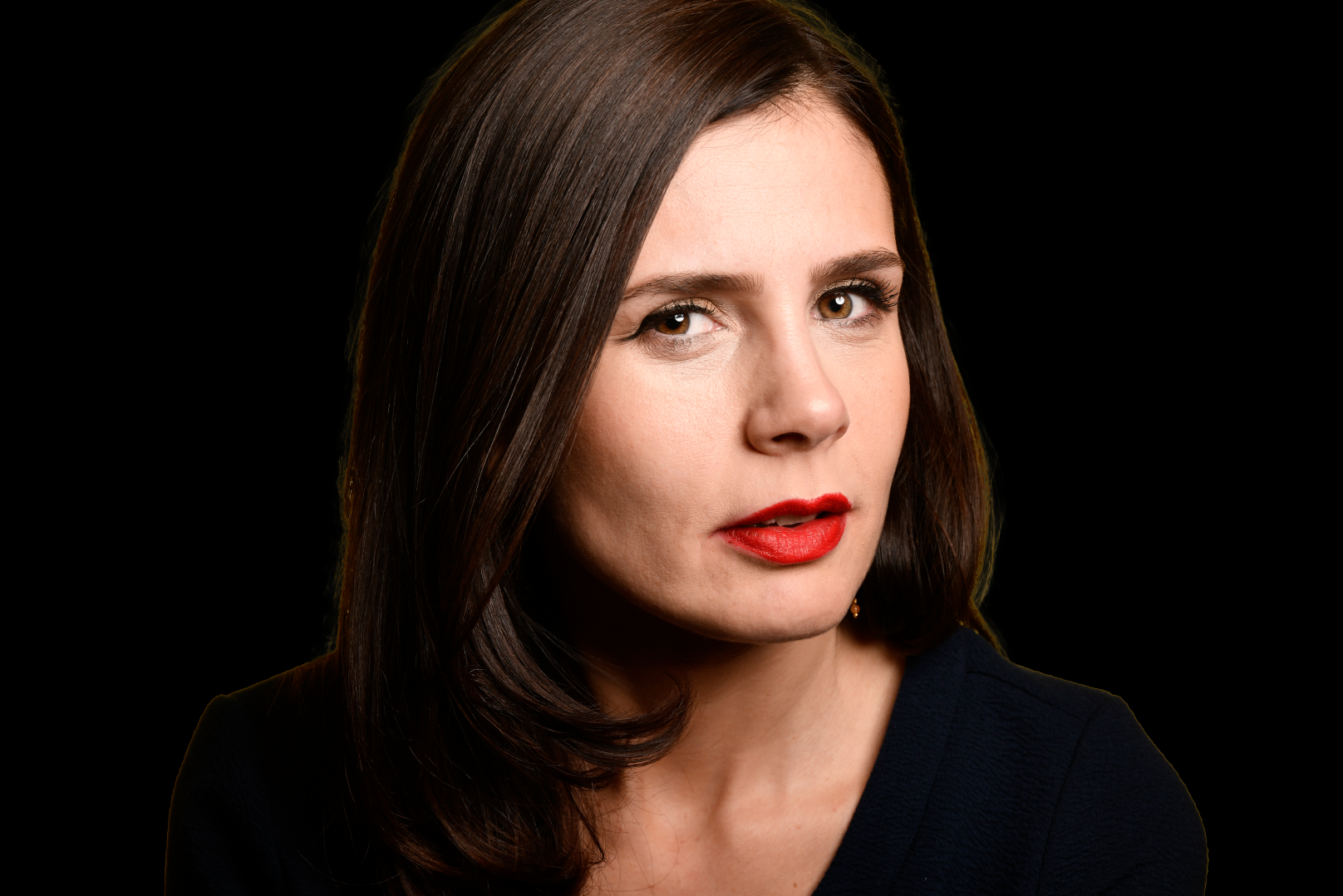
Linda Shala: Kosovo’s market is suffocated, but foreign markets present the youth with opportunities
After nearly 30 years of doing business, Linda Shala speaks new opportunities and challenges in the market, as well as her passion for journalism.
"I was also issued a penalty for making a story after curfew. We started the story by approaching a police officer in the street and asking 'What is the time?' It was assessed that we wanted to portray the circumstances of the curfew."
Linda Shala"I am a promoter of economic empowerment of women because if women are empowered, then the problems of domestic violence and different forms of discrimination that are prevalent in our society are more easily dealt with."
Linda Shala"Despite the fact that we are isolated, the trends of business, communication and internet, are a part of our lives, and whether we like it or not, they will radically change the business environment."

Dafina Halili
Dafina Halili is a senior journalist at K2.0, covering mainly human rights and social justice issues. Dafina has a master’s degree in diversity and the media from the University of Westminster in London, U.K..
This story was originally written in English.